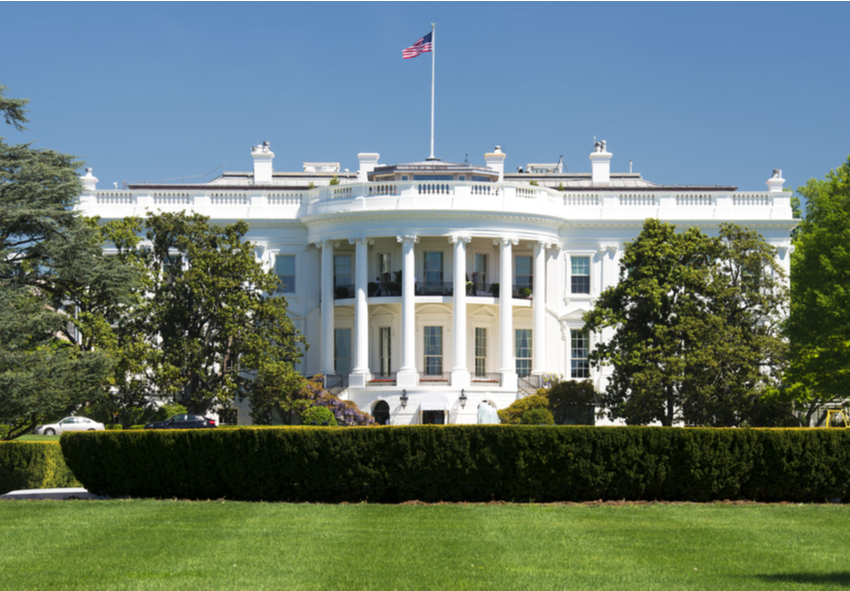About WIC
Special Supplemental Nutrition Program for Women, Infants, and Children (WIC)
The Special Supplemental Nutrition Program for Women, Infants, and Children – better known as the WIC Program – serves to safeguard the health of low-income pregnant, postpartum, and nursing (breastfeeding) women, infants, and children up to age 5 who are at nutritional risk by providing nutritious foods to supplement diets, information on healthy eating including nursing (breastfeeding) promotion and support, and referrals to health care.
The New Mexico WIC Program provides free healthy foods, ideas for healthy eating and maintaining good health habits, support for nursing families, and connects families with other community services. This combination of services is designed to create a support system that encourages families to feel confident in their own ability to maintain happy and healthy futures.

Mission
The mission of the New Mexico WIC Program is to improve health outcomes and quality of life for eligible Women, Infants, and Children by providing nutritious food, nutrition education, nursing (breastfeeding) promotion and support, and referrals to health and other services.
Vision
The vision of the New Mexico WIC Program is to have a major impact on improving health outcomes for participants, be recognized as a national leader, and achieve excellent satisfaction as viewed by the participants and the general public.
Health Equity
For the National WIC Association, health equity is the ability of all individuals and families to achieve optimal health, irrespective of their identity, race, ability or class. This requires equitable access to nutritious foods, breastfeeding support, chronic disease prevention and management services, safe living environments, and good jobs with fair pay. It necessitates removing obstacles to families’ short- and long-term health and wellbeing including poverty, discrimination, and institutional racism and other forms of bias expressed through housing, healthcare, education, labor, and other public policies.
